A Free City in the Balkans
by Matthew Parish
2020-05-08 07:26:32
A Free City in the Balkans
by Matthew Parish
2020-05-08 07:26:32
Following the brutal wars which raged in the former Yugoslavia in the early 1990s, Bosnia and Herzegovina was awkwardly partitioned into two governing entities: the Federation of Bosnia and Herzegovina and Republika Srpska. But there was one part of ...
Read more
Following the brutal wars which raged in the former Yugoslavia in the early 1990s, Bosnia and Herzegovina was awkwardly partitioned into two governing entities: the Federation of Bosnia and Herzegovina and Republika Srpska. But there was one part of the country which could not be fitted into either category: the Br?ko District, a strategically critical land-bridge between the two parts of the Bosnian Serb territory. This region was the subject of a highly unusual experiment: placed under a regime of internationally supervised government, Br?ko became a 'free city', evoking the memory of Trieste or Danzig over fifty years ago. What has this experiment in state-building revealed about the history of this troubled corner of the Balkans - and its future? What lessons can be applied to conflict resolution in other parts of the world? And was the experiment successful or have the citizens of Br?ko suffered further at the hands of the international community? The city of Br?ko is largely unknown outside Bosnia. Yet for the people of Bosnia and Herzegovina it came to represent the worst brutalities and the worst destruction of the 1992-1995 war. When the Dayton Peace Accords, ending the war in Bosnia, were signed in December 1995, the town lay in ruins, the scene of some of the severest fighting in the entire conflict. Over the subsequent twelve years, this region became the subject of one of the most intensive exercises in modern state-building techniques ever undertaken by the international community. An international proconsul was appointed by the U.S. Government, called the "Supervisor", to govern the territory. Under this system of benign dictatorship, one of the most brutally war-scarred parts of the country was successfully reintegrated, society was reconstructed, and a modicum of wealth was returned to people who had suffered so greatly. Now international community interest in the country has fallen away and the period of Bosnia being run as an international governorate is fast drawing to a close. This has created a power vacuum and the previously hugely successful Br?ko experiment now teeters on the brink of collapse. This crisis reflects a broader malaise in the rest of the country, as institutions of central government, also built up by the international community since the end of the war, likewise suffer rapid decay. Severe political instability seems likely to affect the county for the next few years at least, in significant part through mistakes made by the international officials who have run the country for the last decade. A Free City in the Balkans investigates the rise and fall of Br?ko and post-war Bosnia and asks what lessons can be learned for international peacekeeping missions elsewhere.
Less


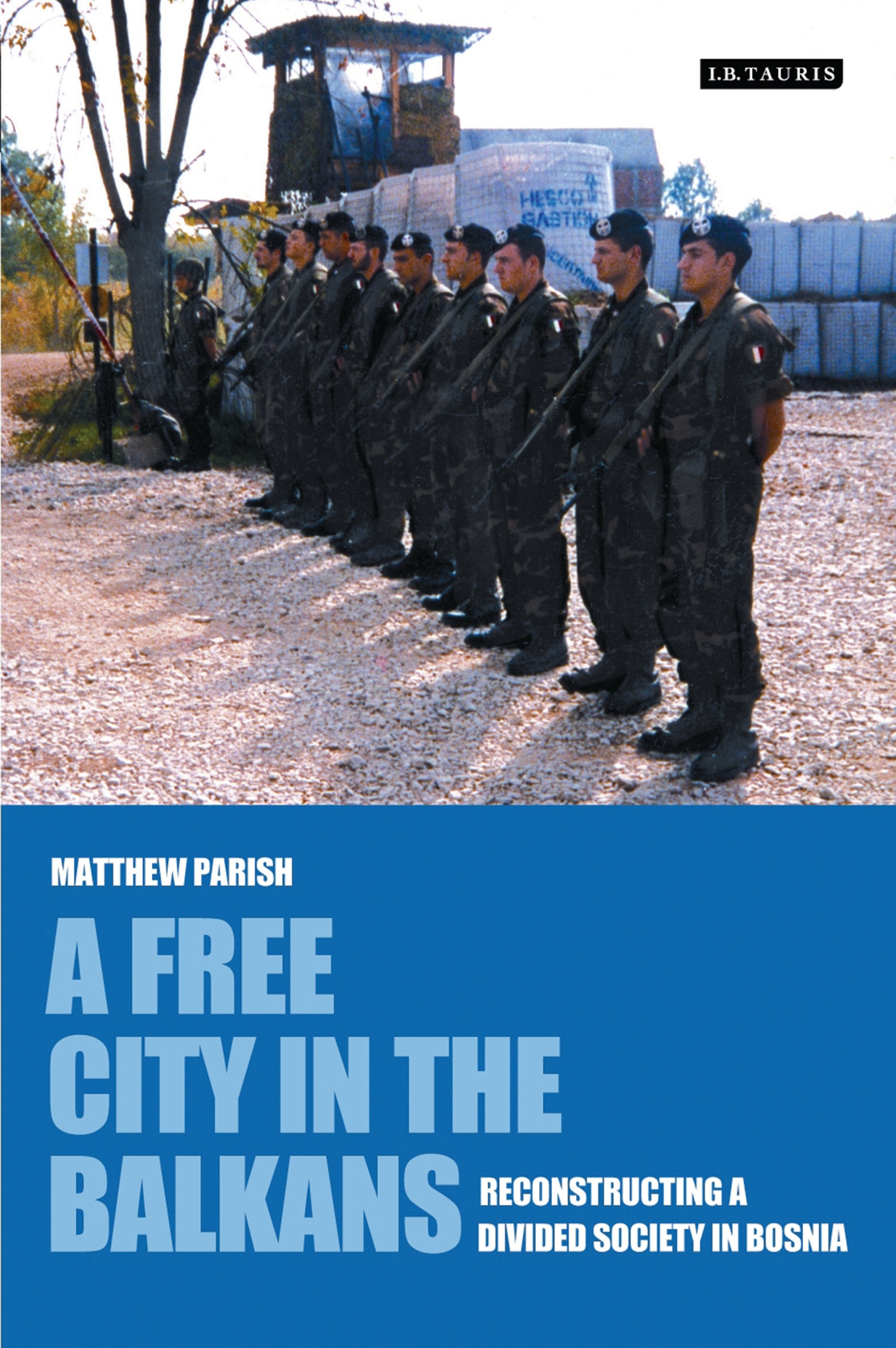



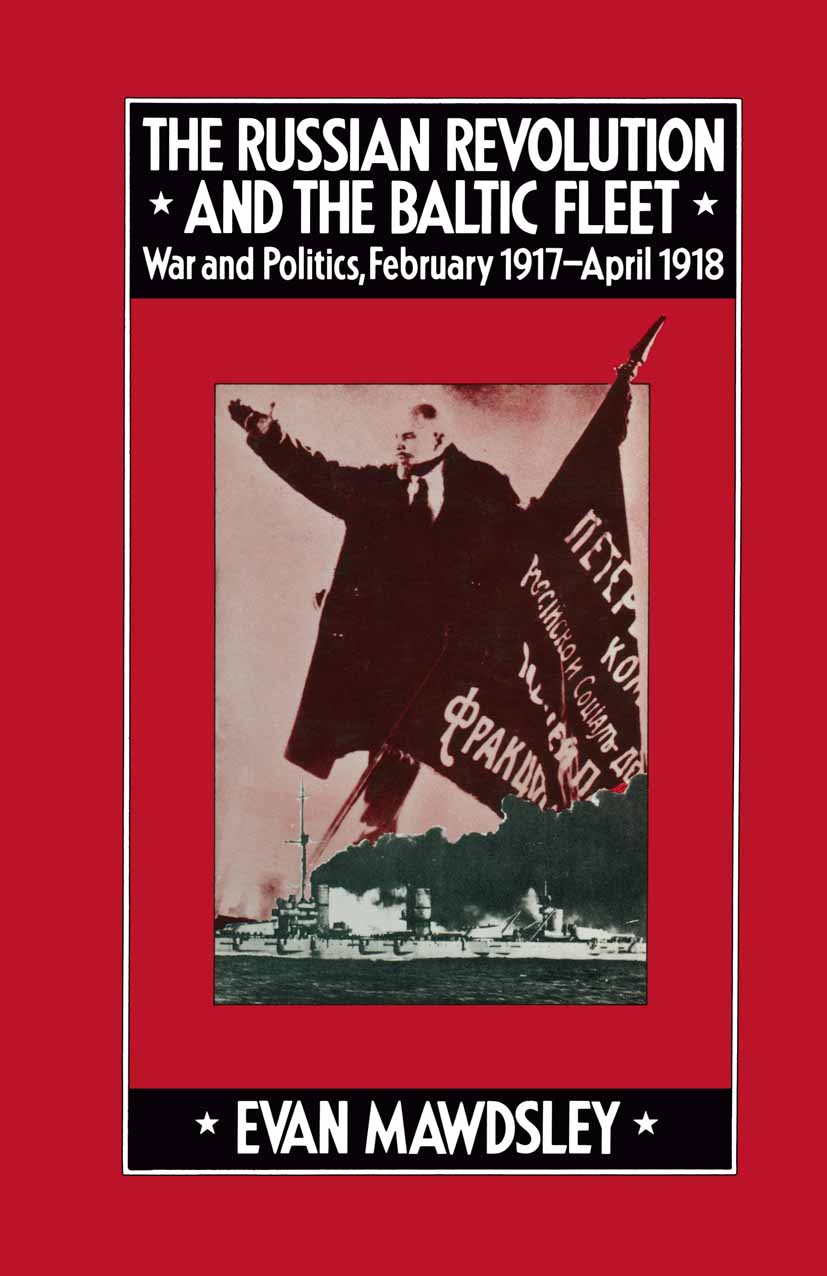











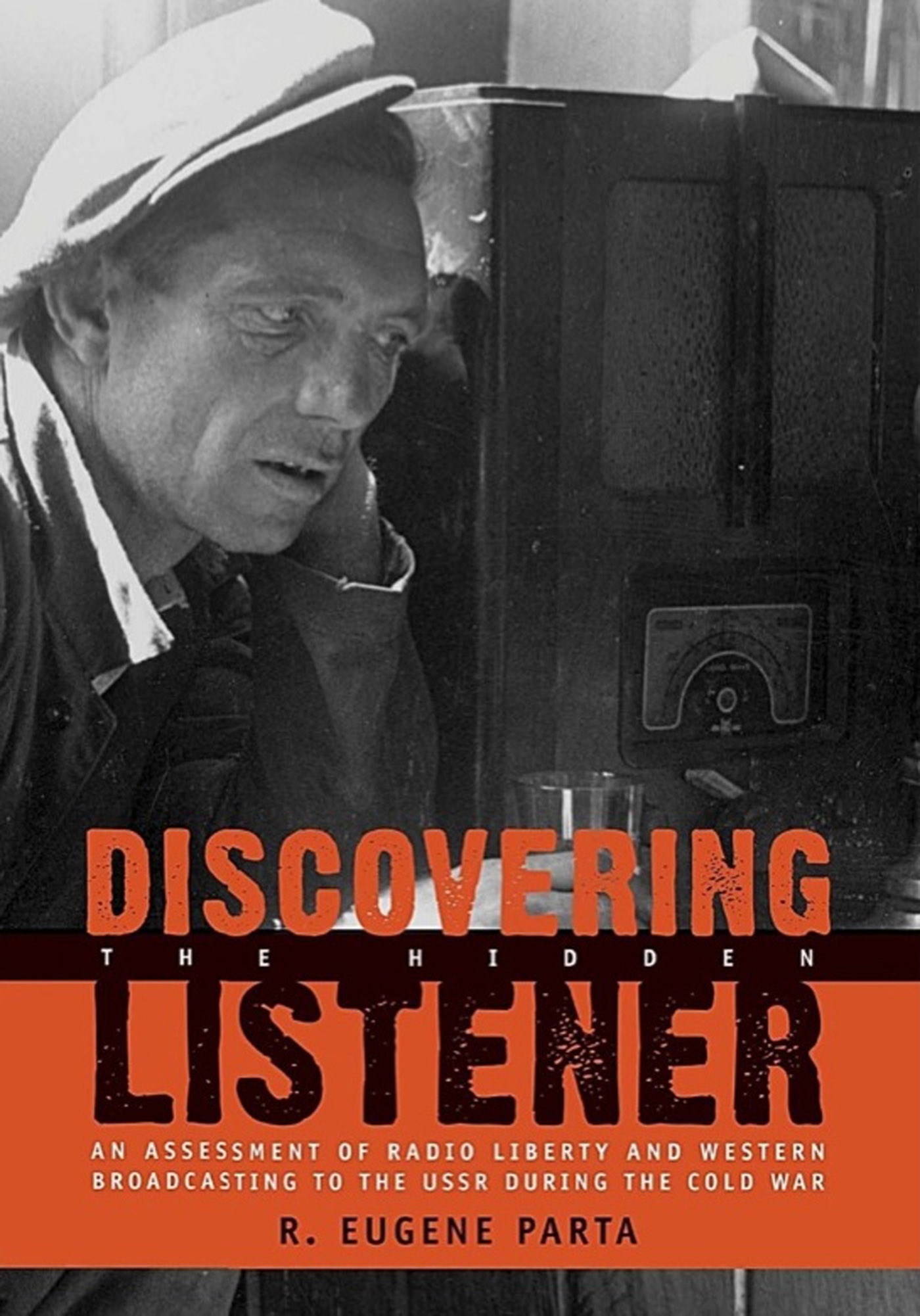

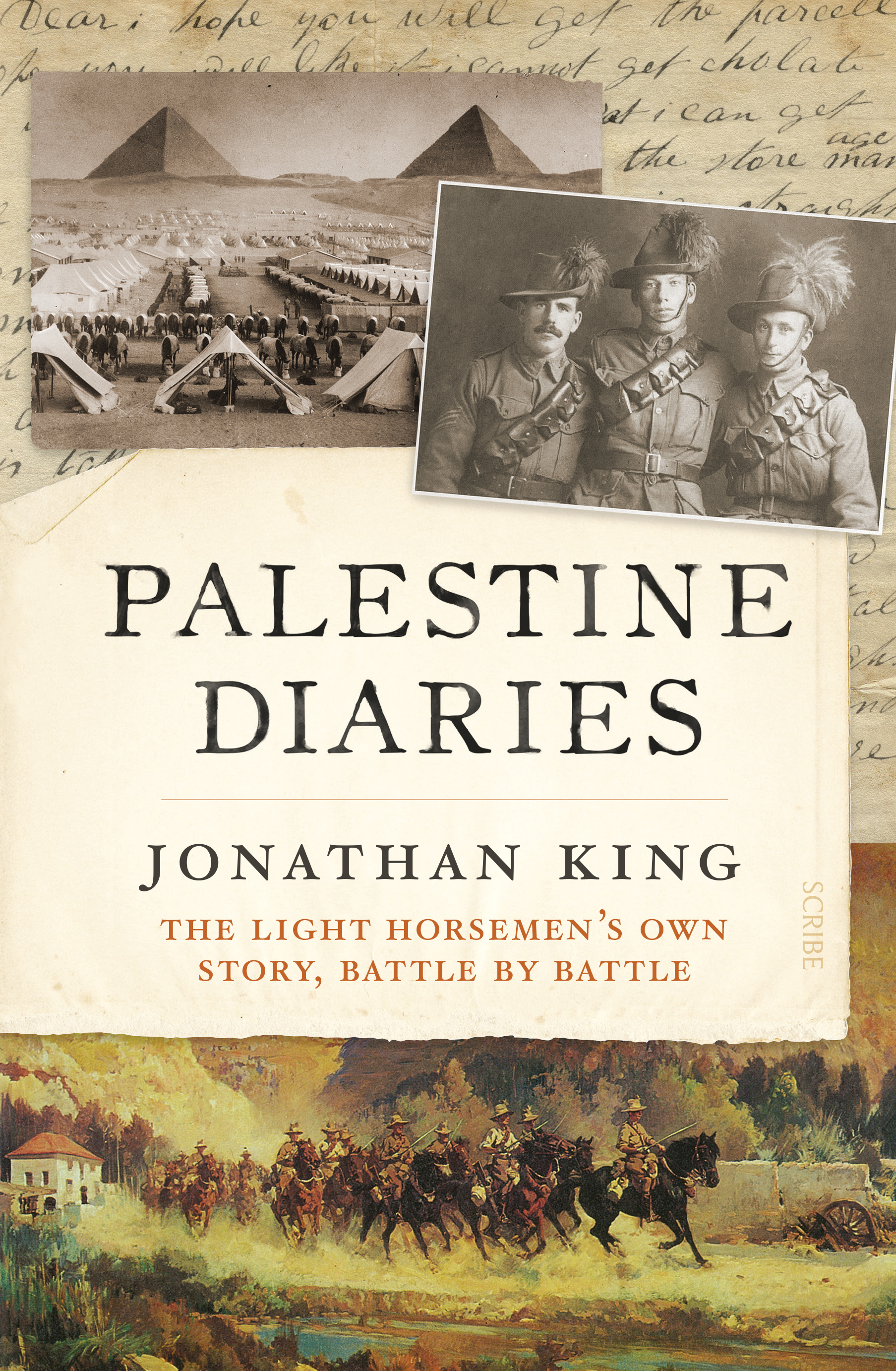

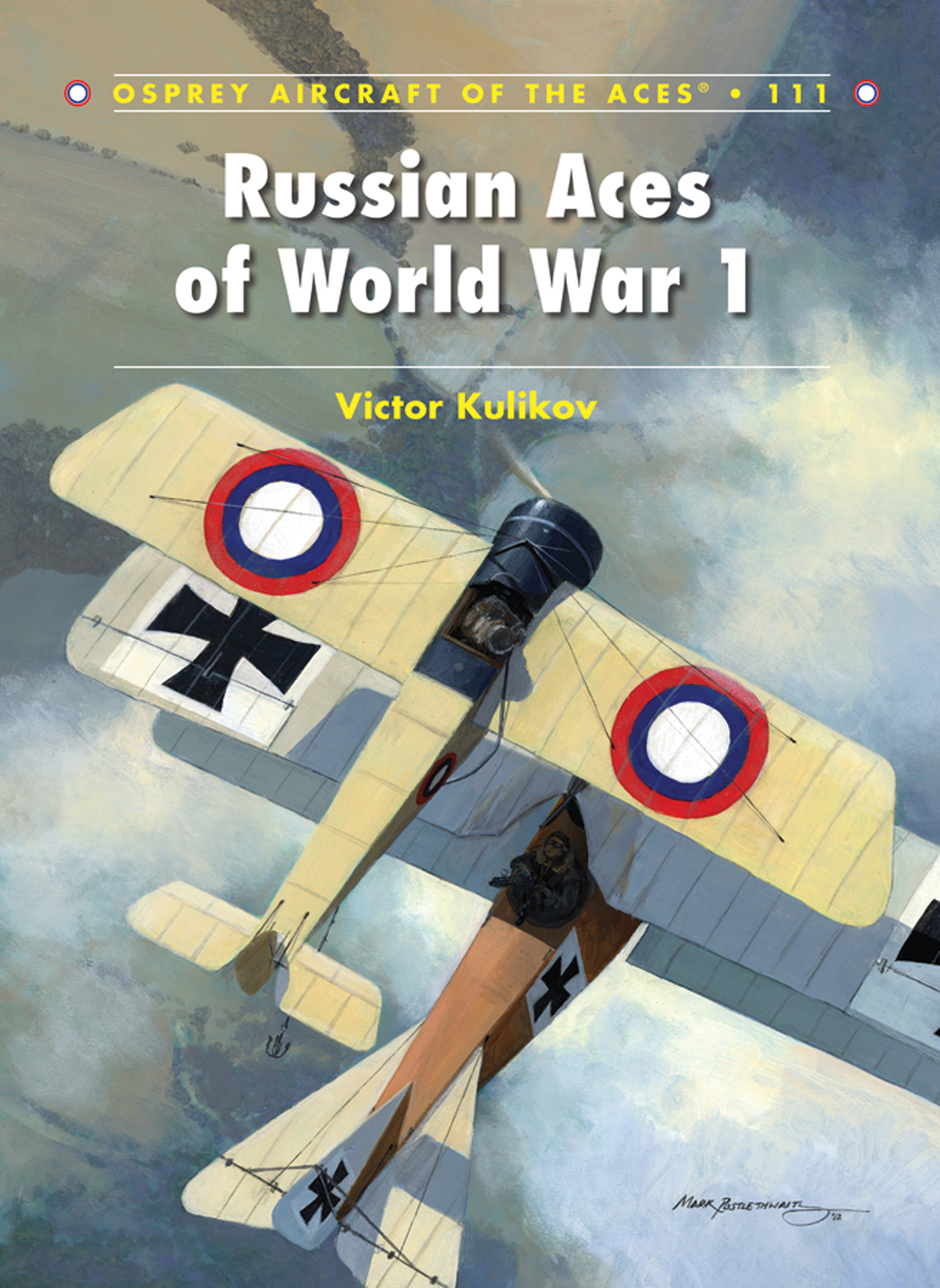






.jpg)
